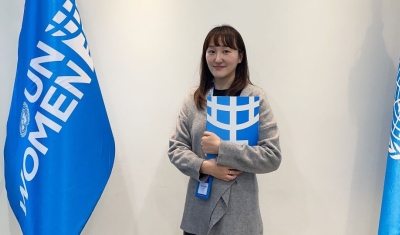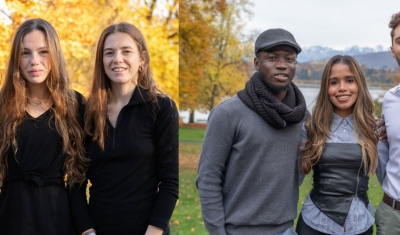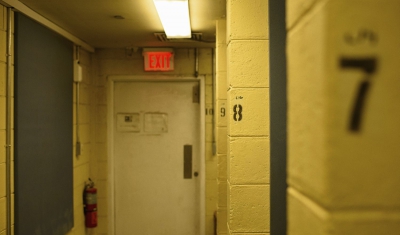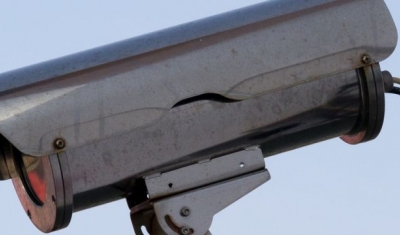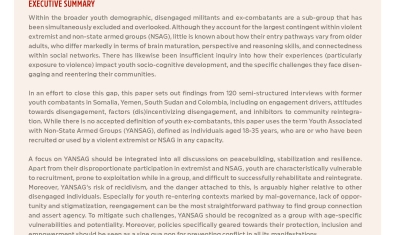Key Expert Discusses the Links between Transitional Justice, Security and Counterterrorism with our Students

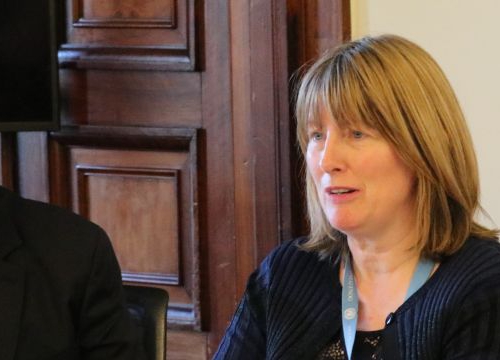
Geneva Academy
7 March 2019
As part of our Transitional Justice Café (TJ Café) series, Professor Fionnuala Ni Aolain, UN Special Rapporteur on the promotion and protection of human rights and fundamental freedoms while countering terrorism, discussed with students of our MAS in Transitional Justice, Human Rights and the Rule of Law (MTJ) the links between transitional justice, security and counterterrorism.
The field of transitional justice has traditionally been state-centric, focusing on approaches that seek to ensure redress for state abuse. Contemporary conflicts are, however, far more complex, with the involvement of multiple actors that are responsible for serious crimes, including terrorist organizations and other non-state actors.
‘In this TJ Café, Fionnuala Ni Aolain discussed with our students the challenging question of the added value of transitional justice in responses to these new types of conflict, including how we should approach the questions of amnesty, reparation, and demobilisation, disarmament and reintegration in the context of non-state armed groups’ explains Thomas Unger, Co-Director of the MTJ.
‘An expert in transitional justice and the United Nations Special Rapporteur on the promotion and protection of human rights and fundamental freedoms while countering terrorism, Fionnuala Ni Aolain is one of the best placed to connect these different areas and look at linkages between issues of transitional justice, security and preventing terrorism’ underlines Dr Frank Haldemann, Co-Director of the MTJ.

About the TJ Cafés
This unique series of events exposes MTJ students to practical situations, enabling them to have in-depth discussions on topical transitional justice issues with leading experts and practitioners.
Each café is divided into two parts: a presentation followed by a discussion where the guest speaker engages with students on the issues and challenges they raise.





